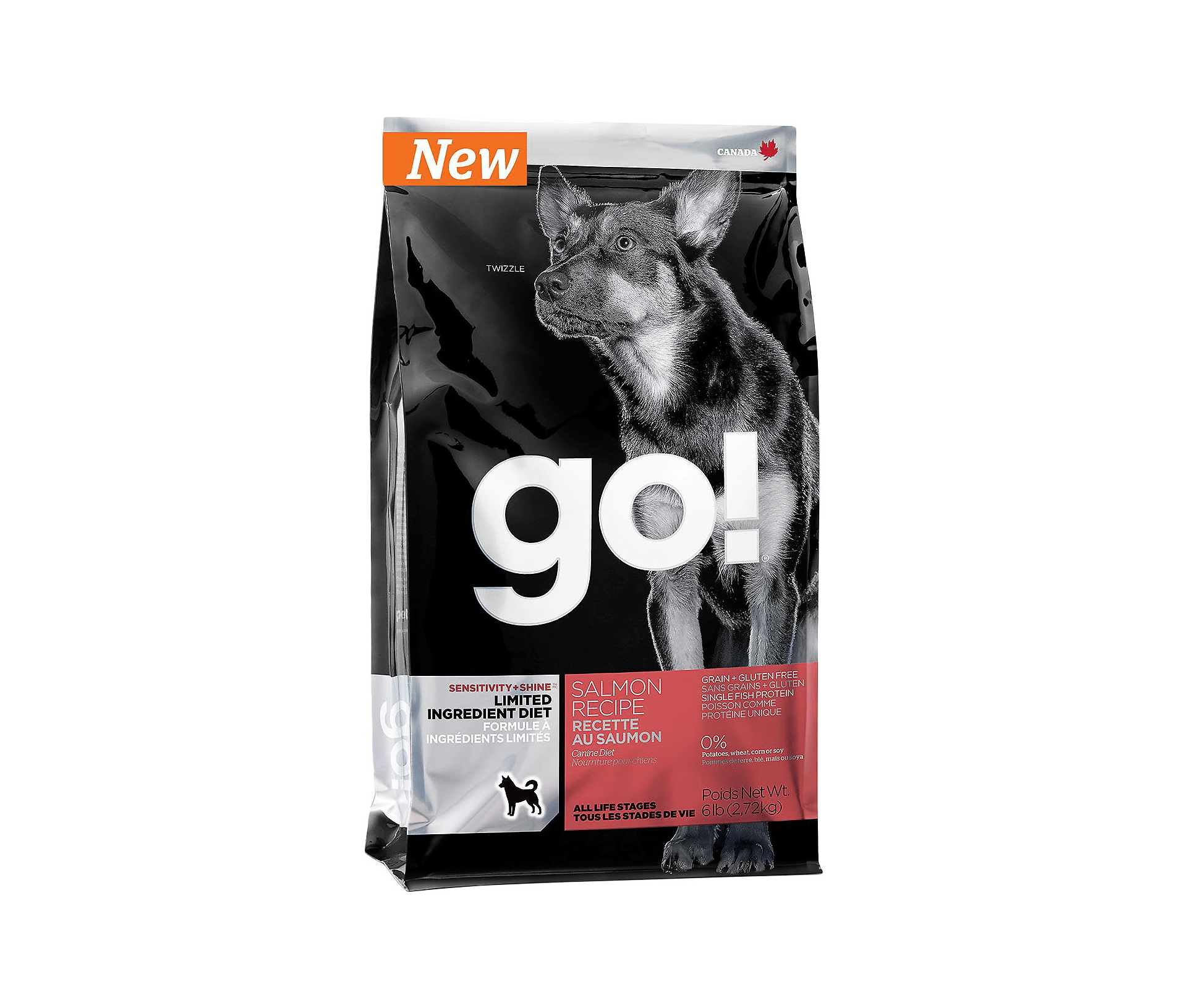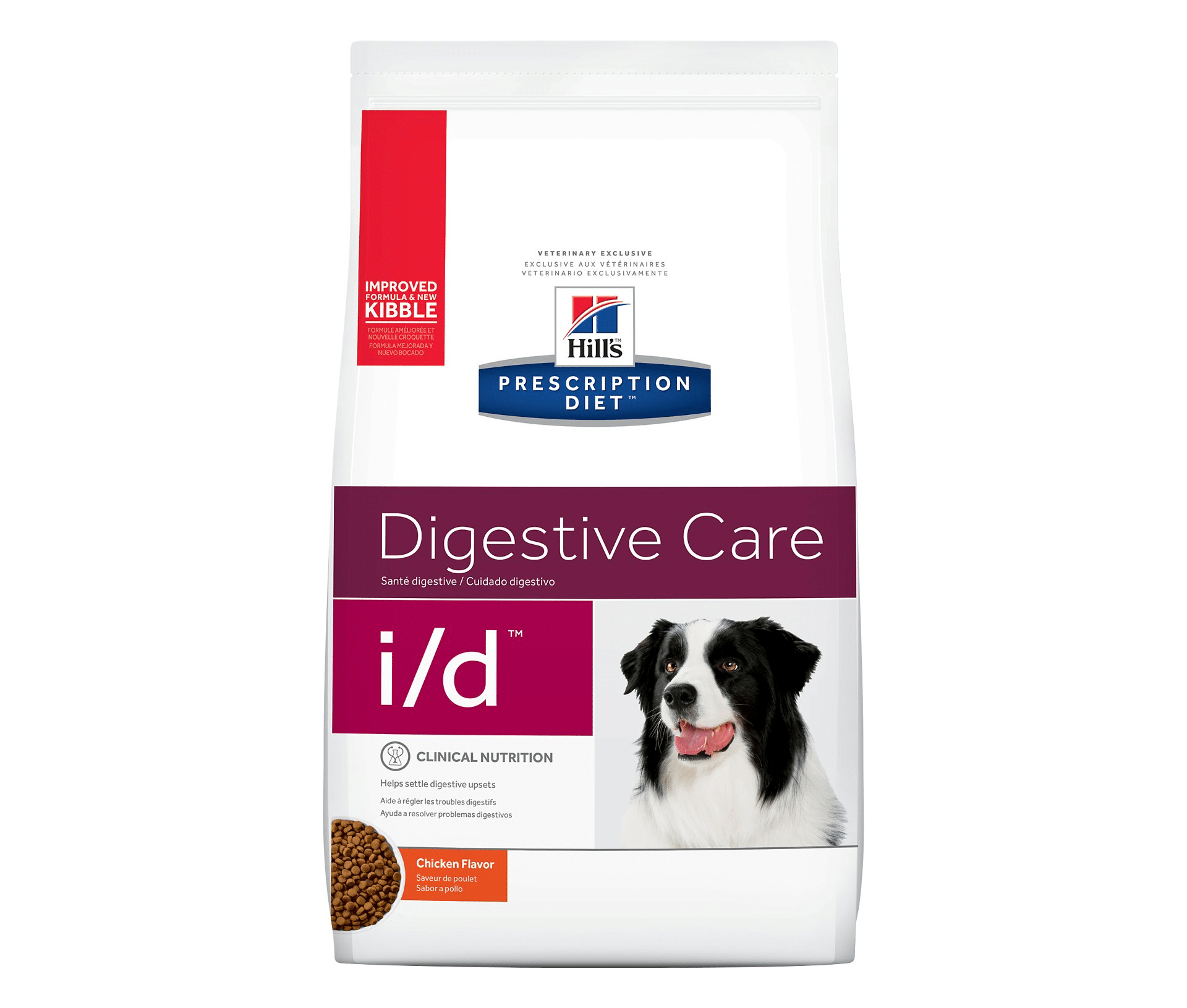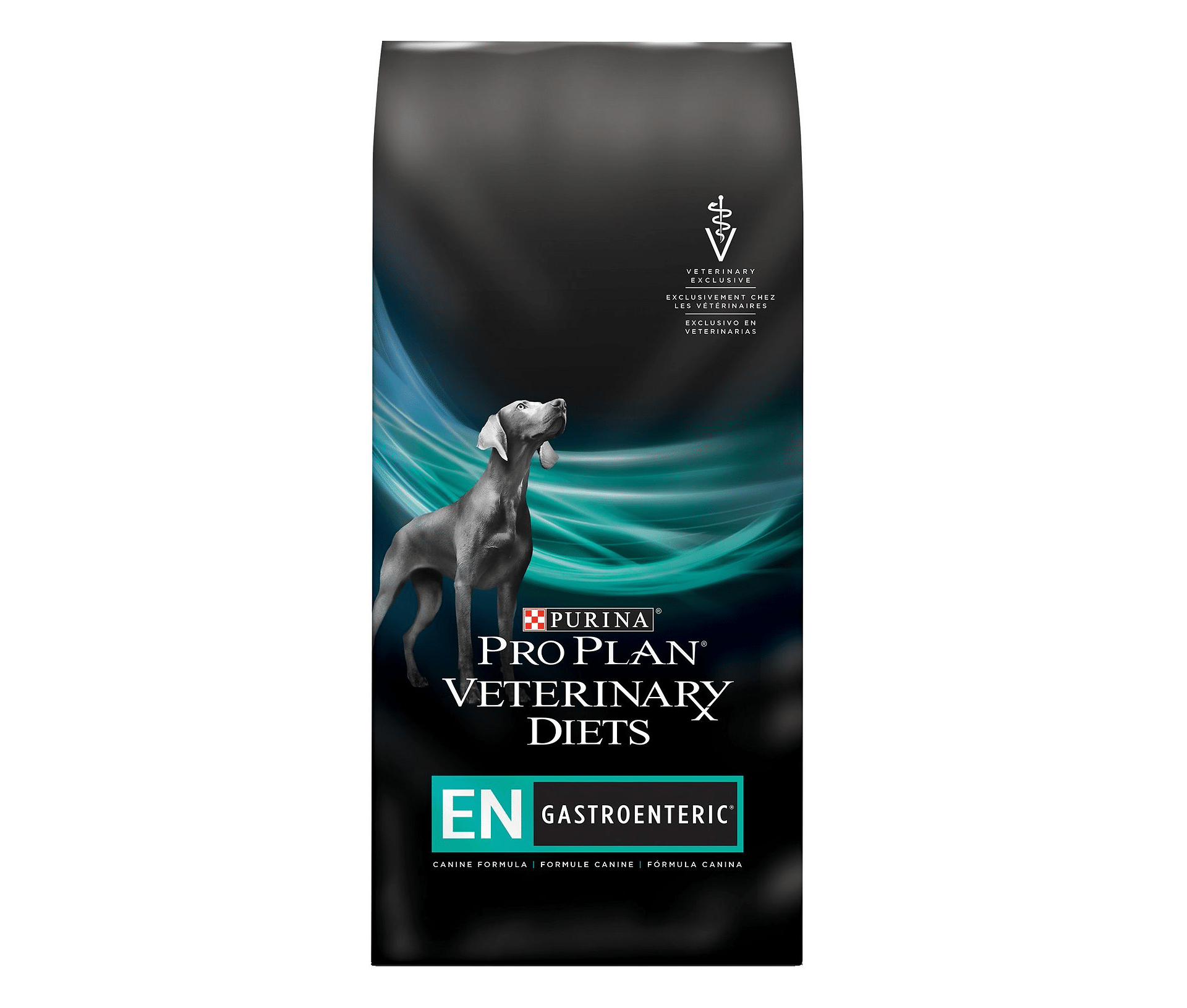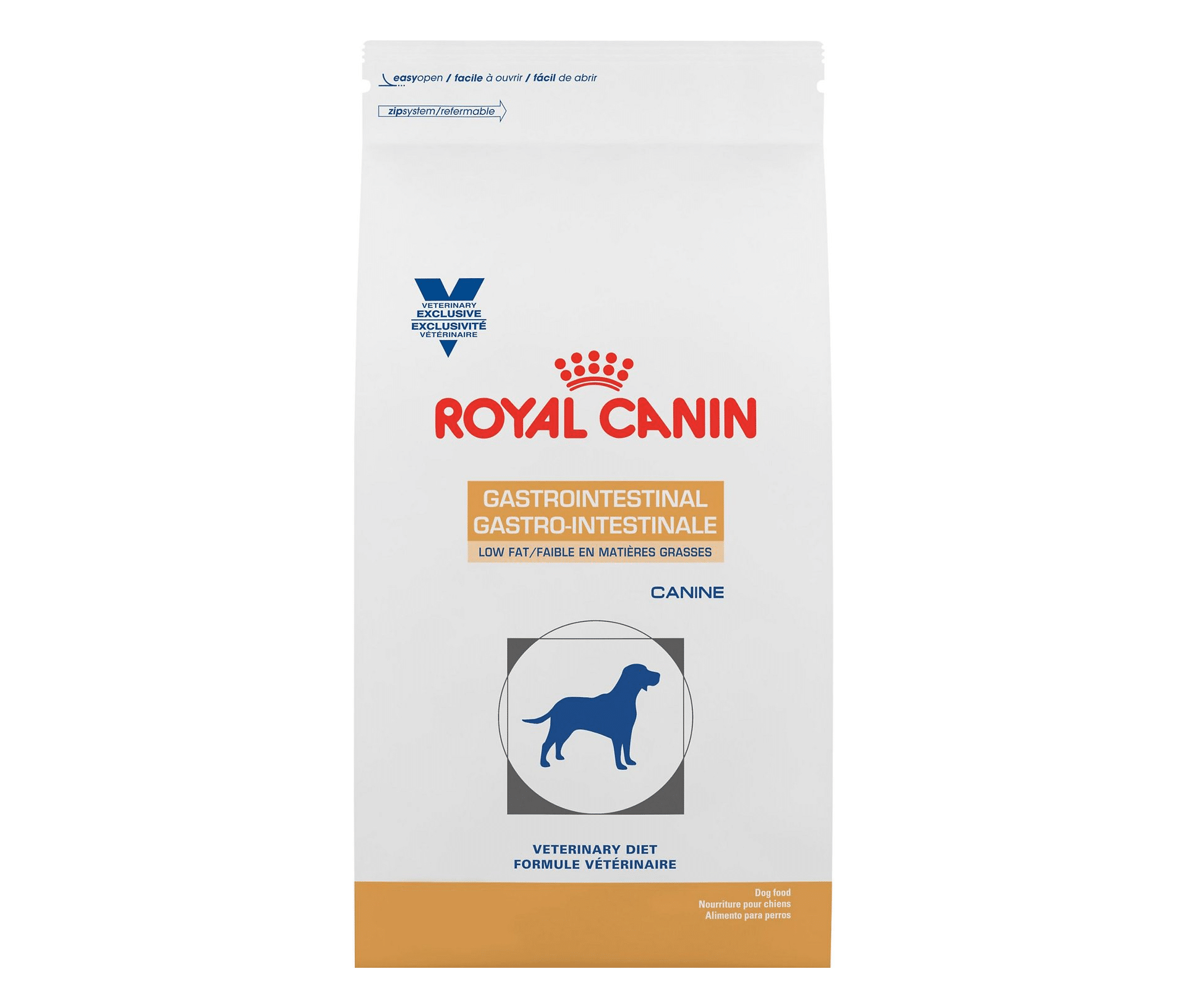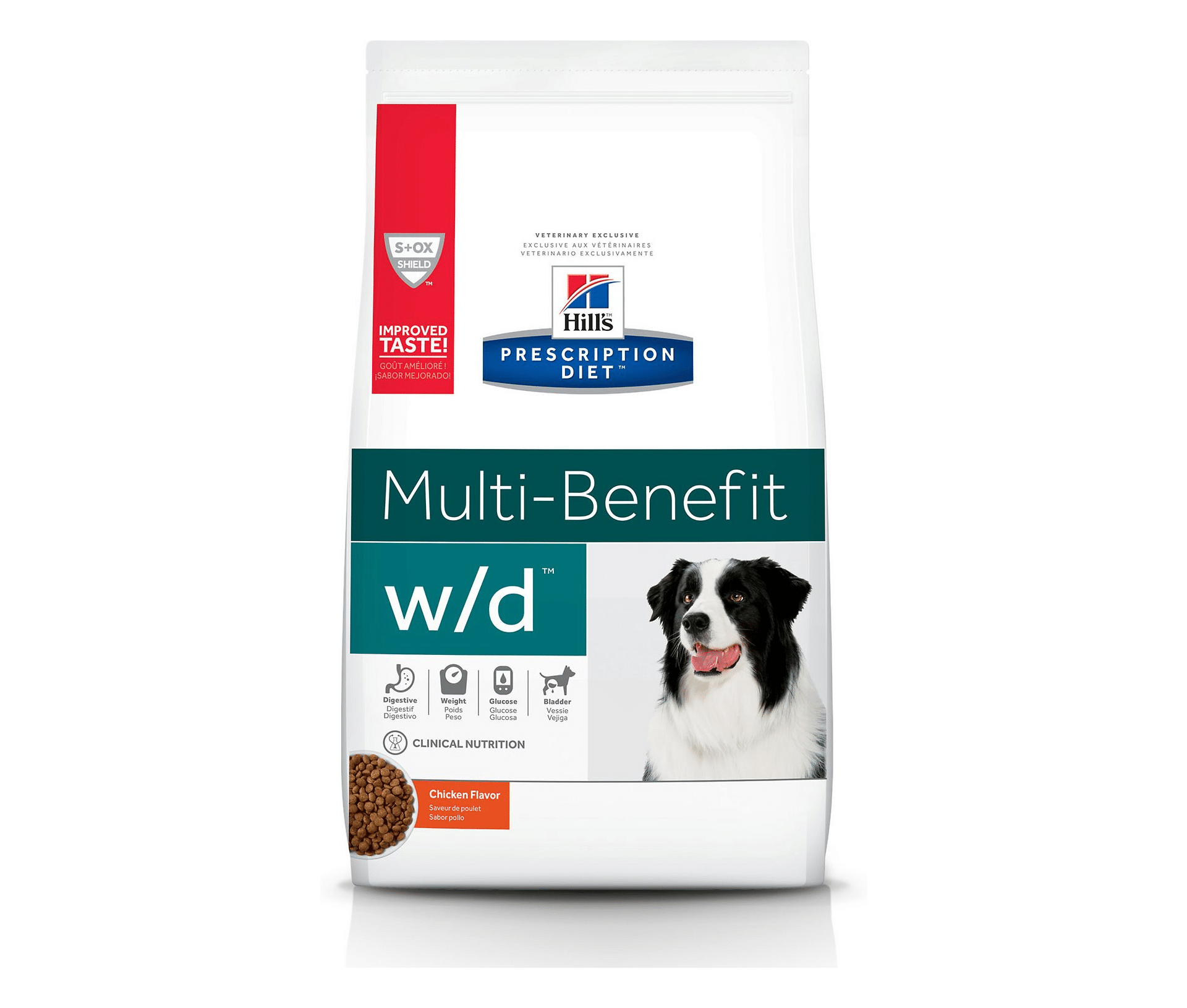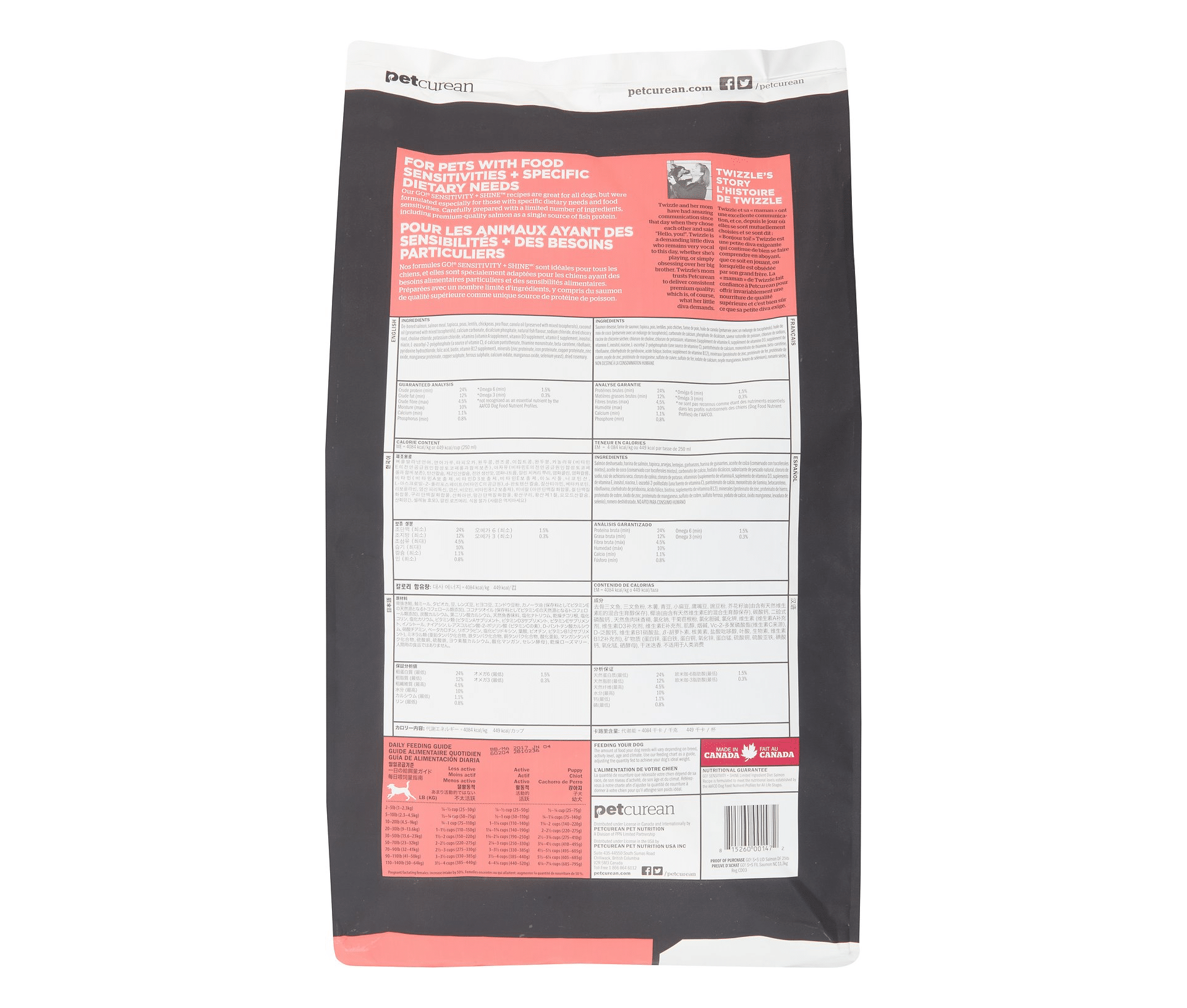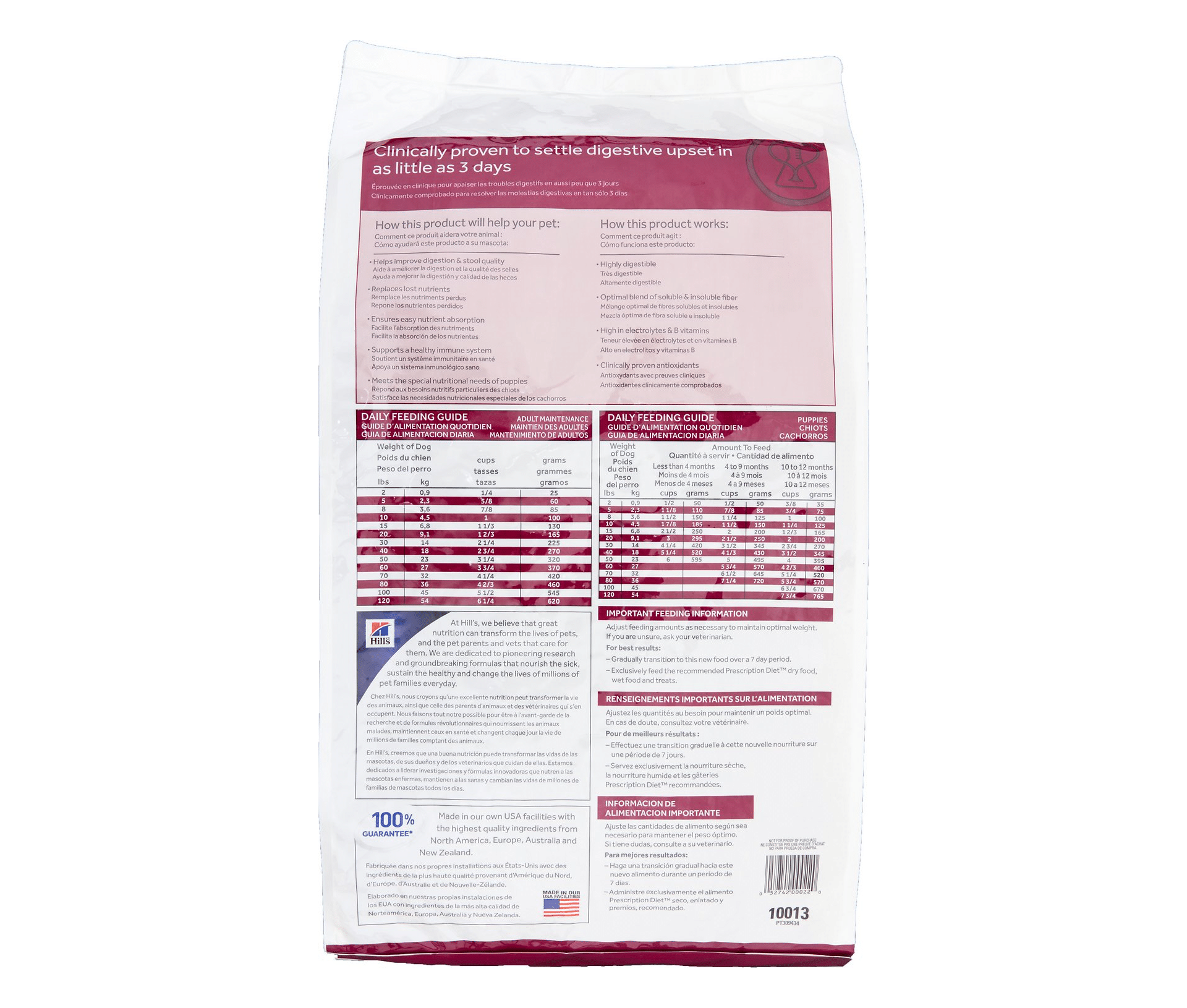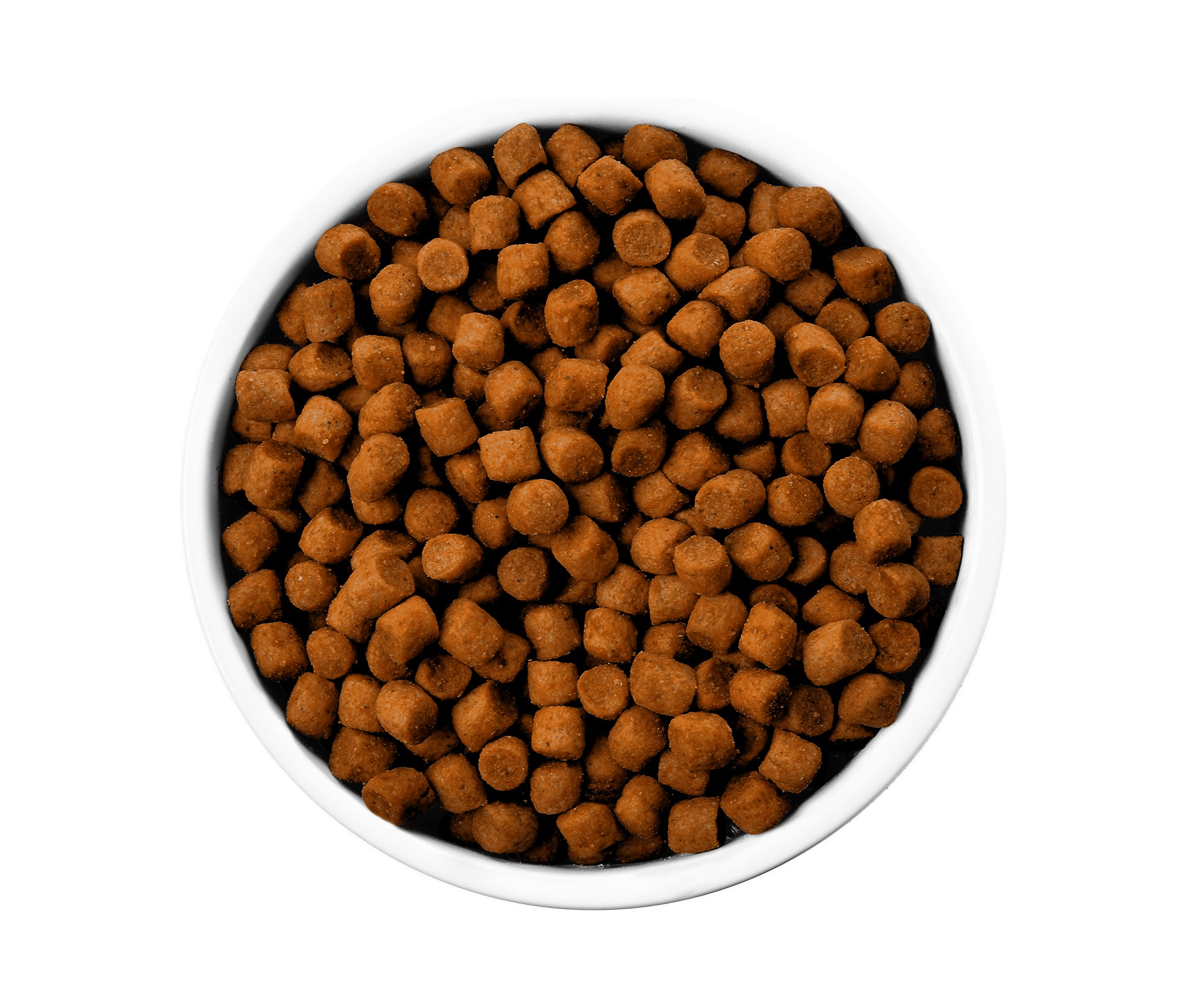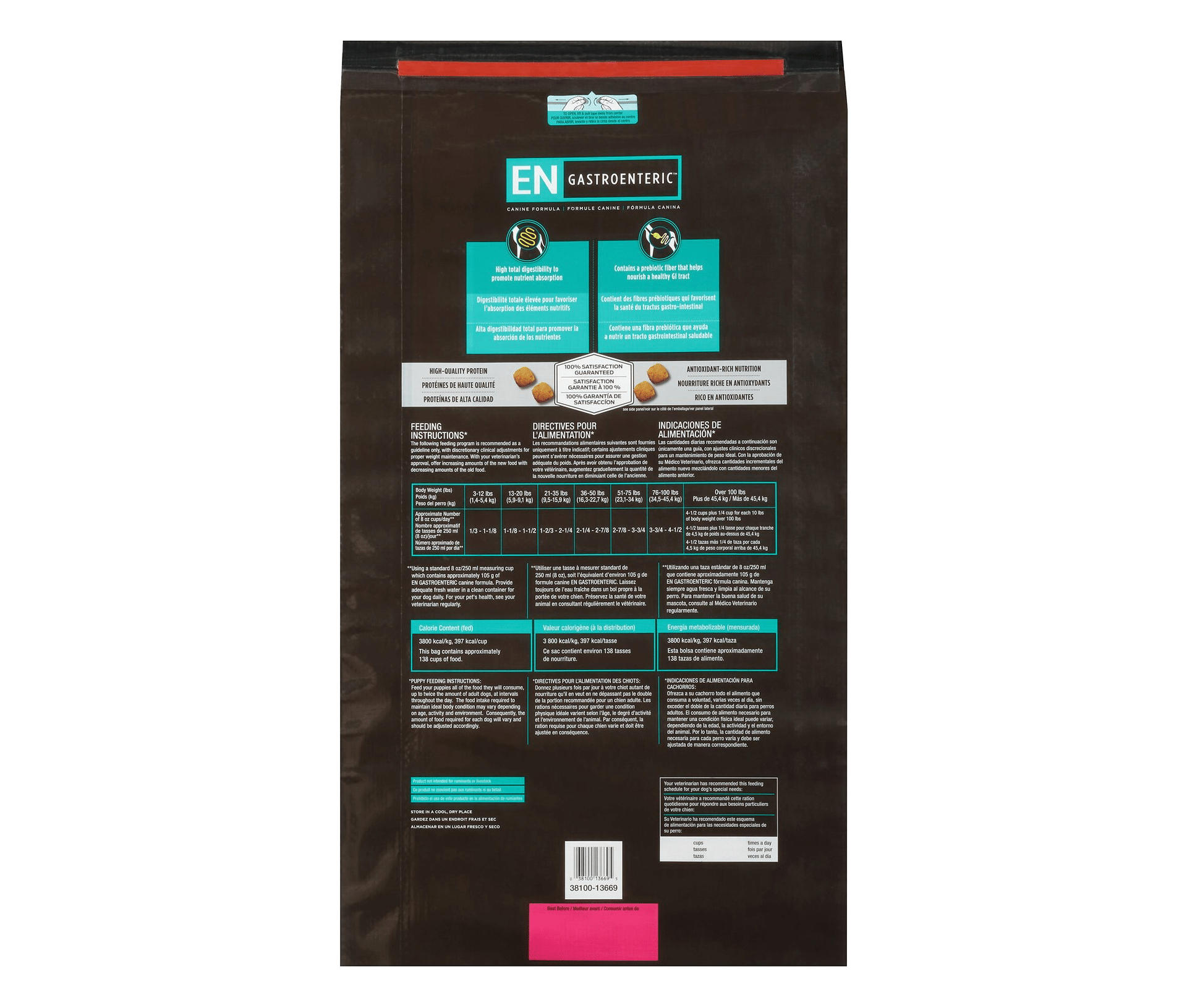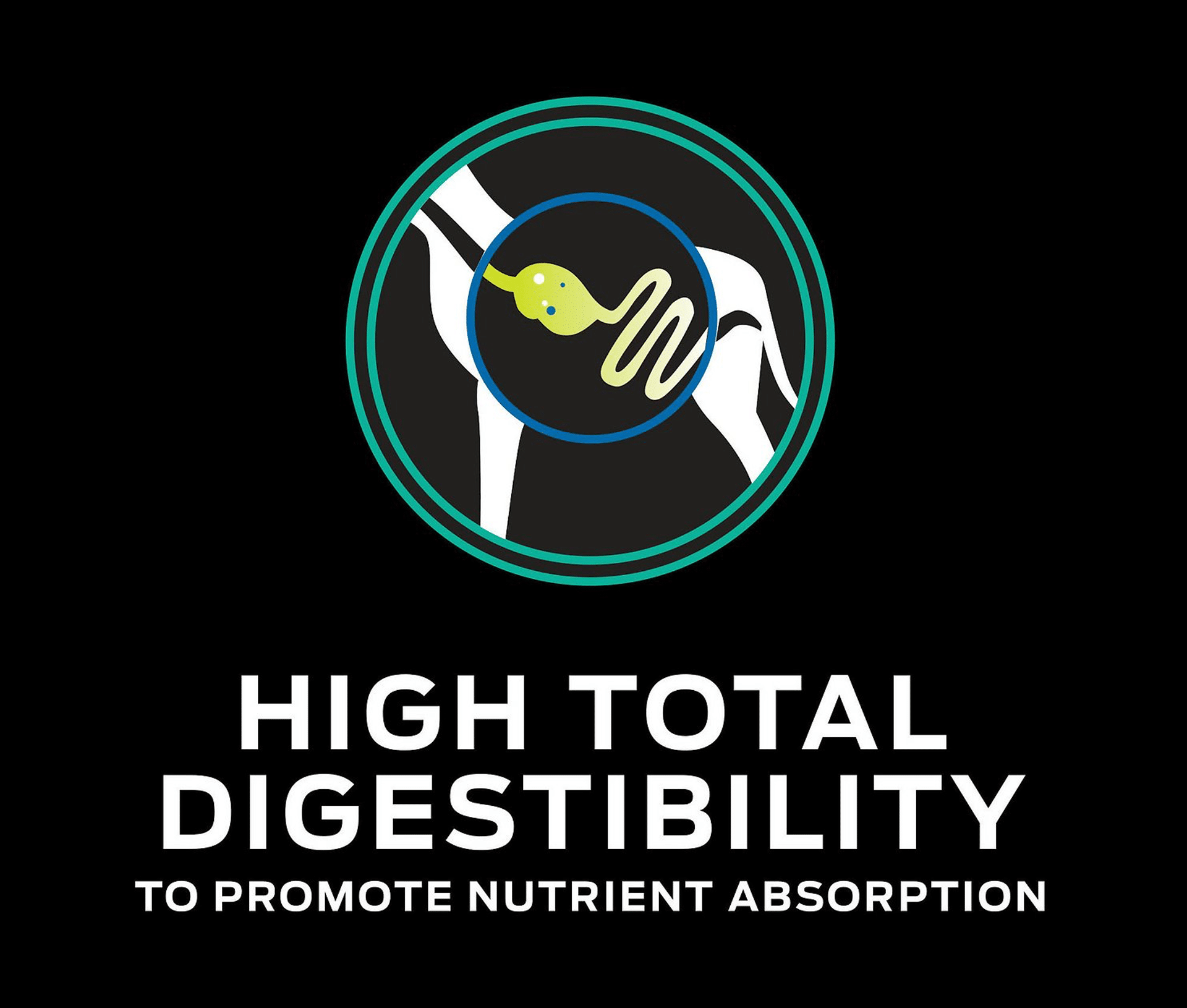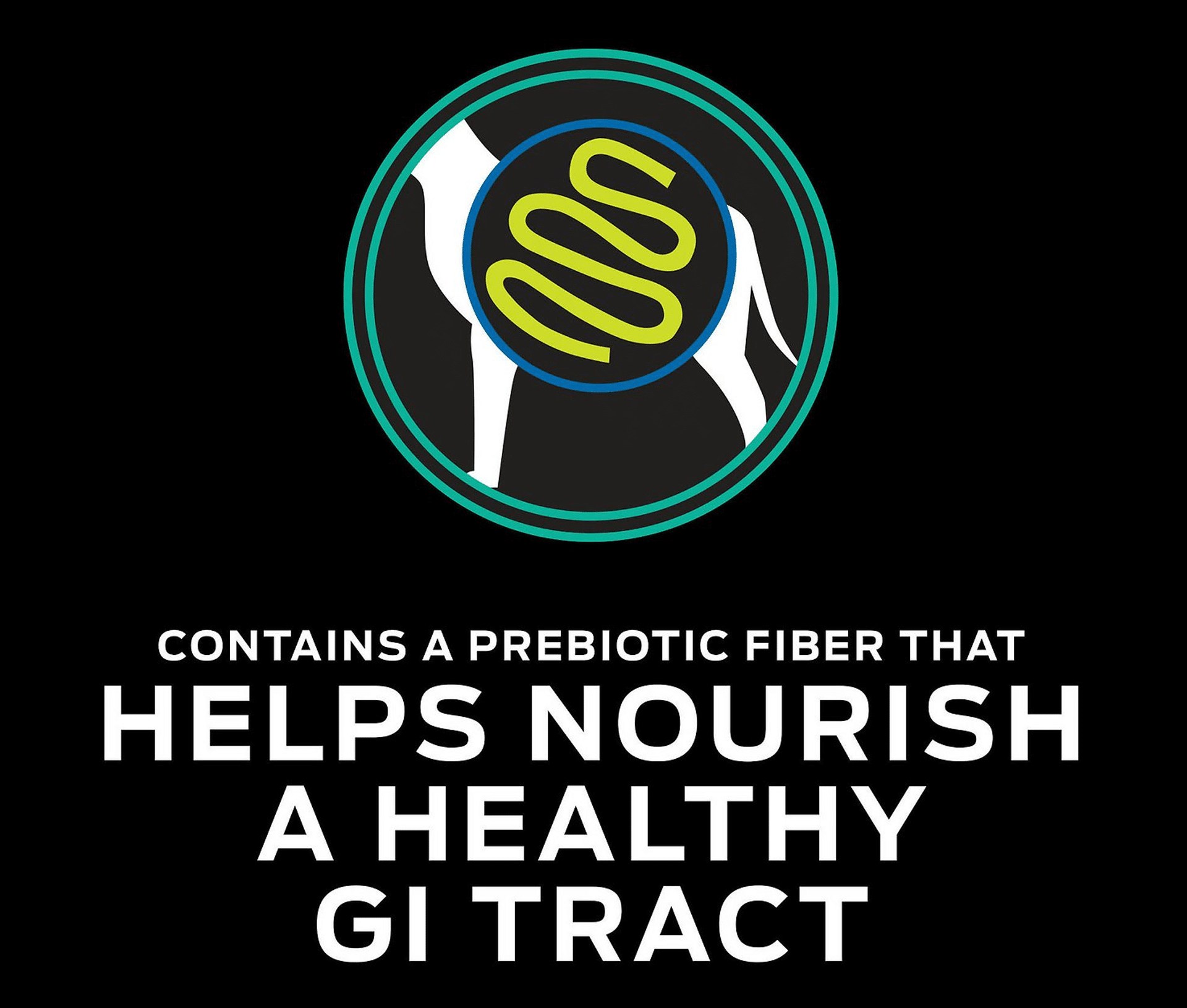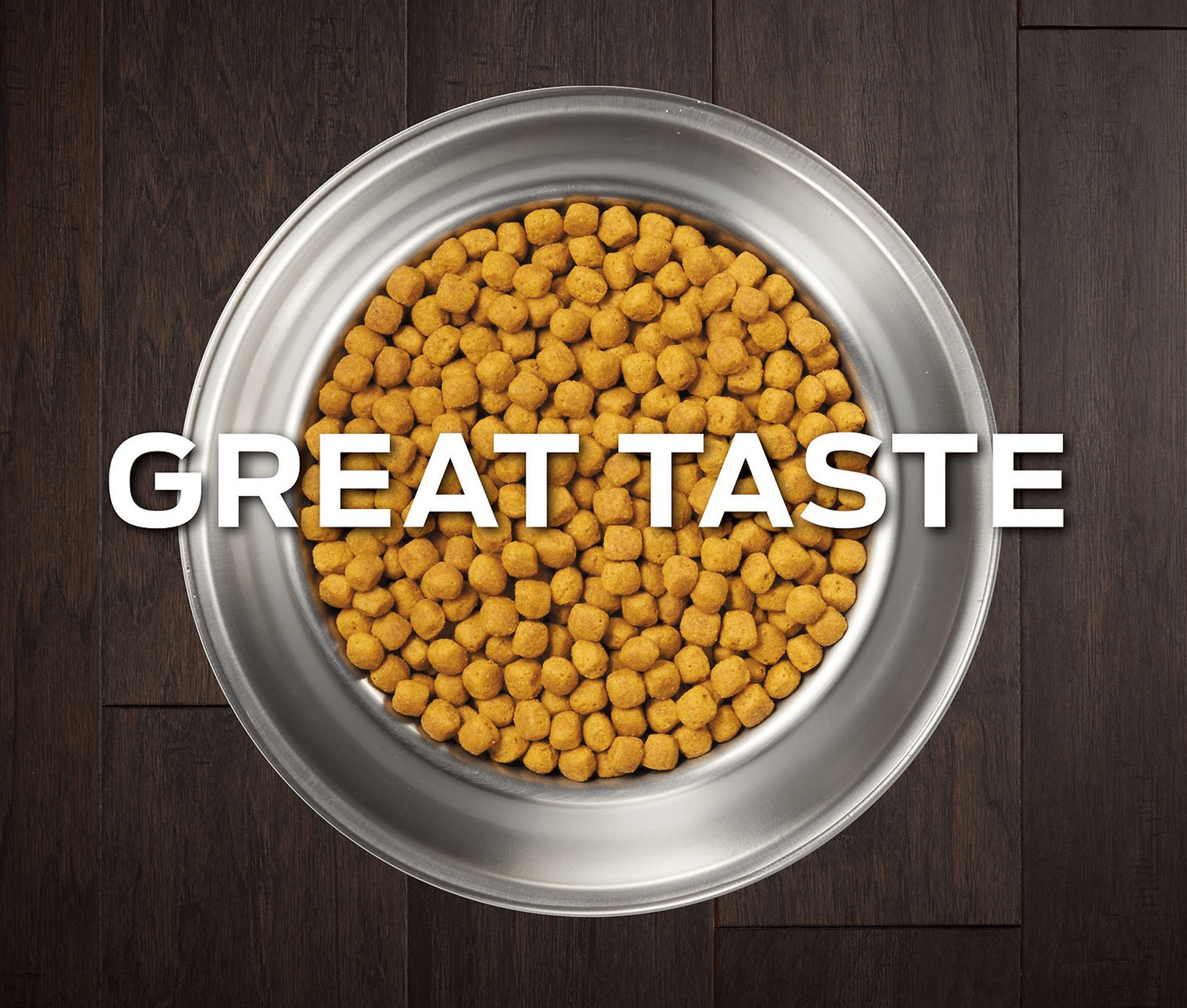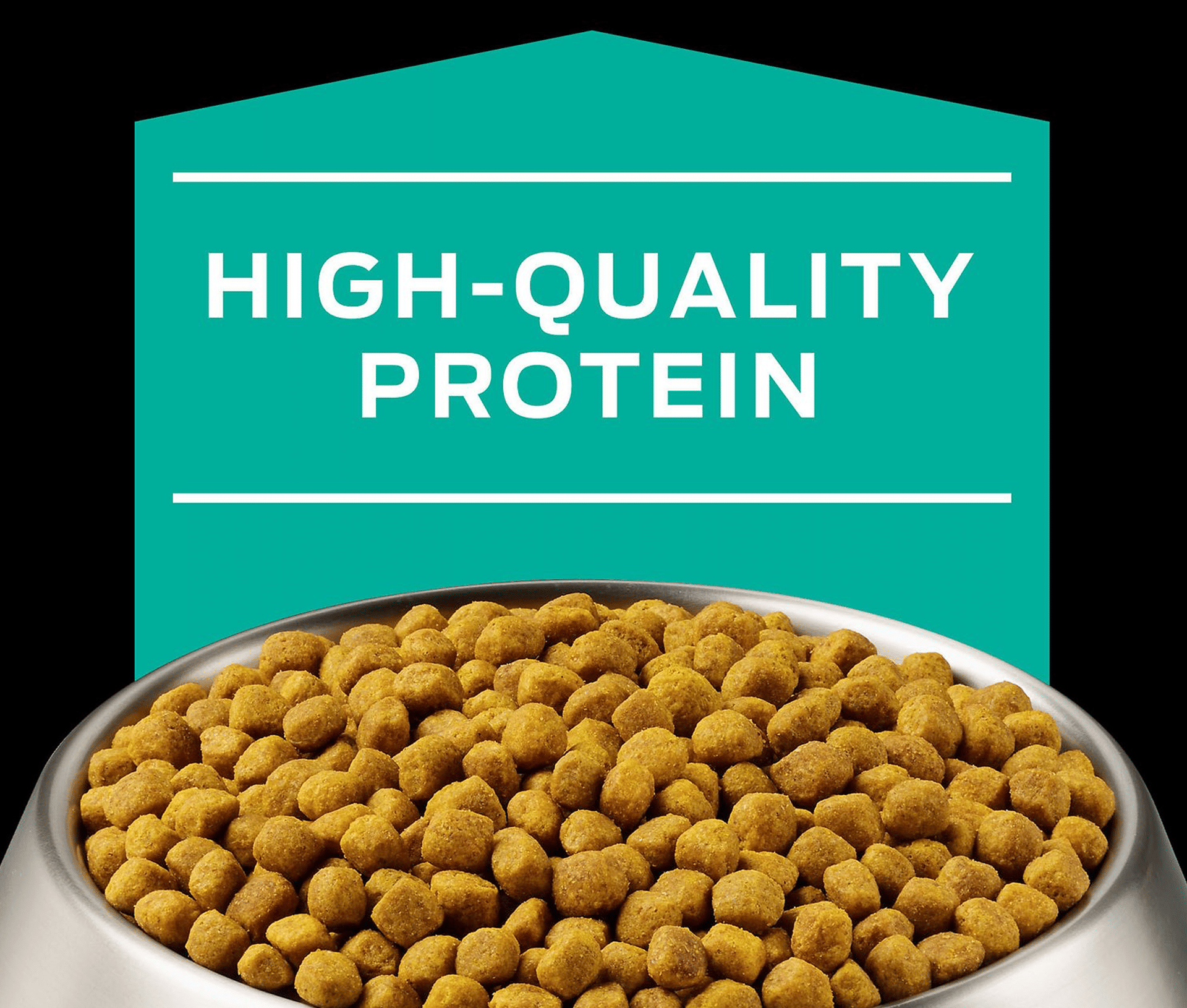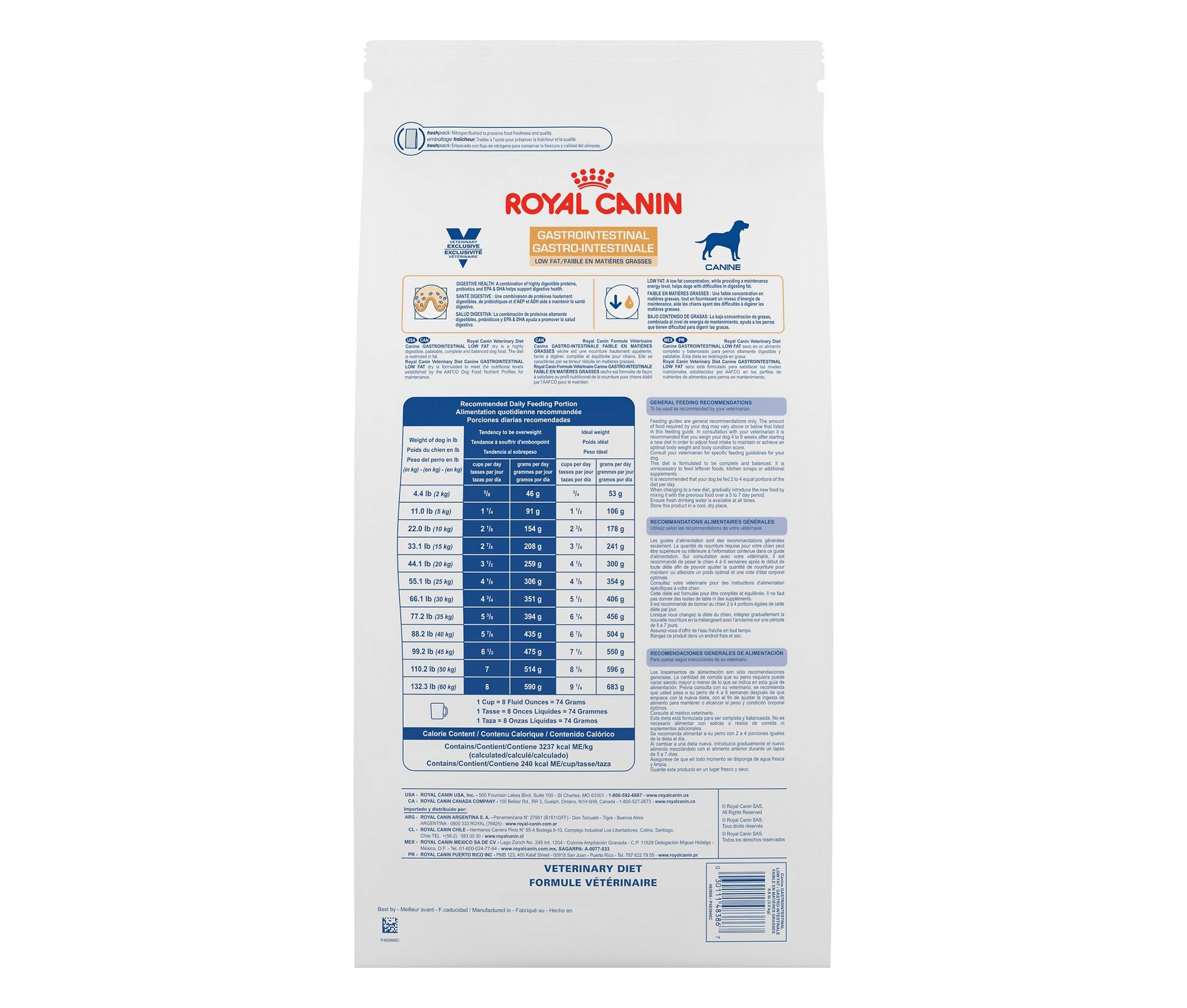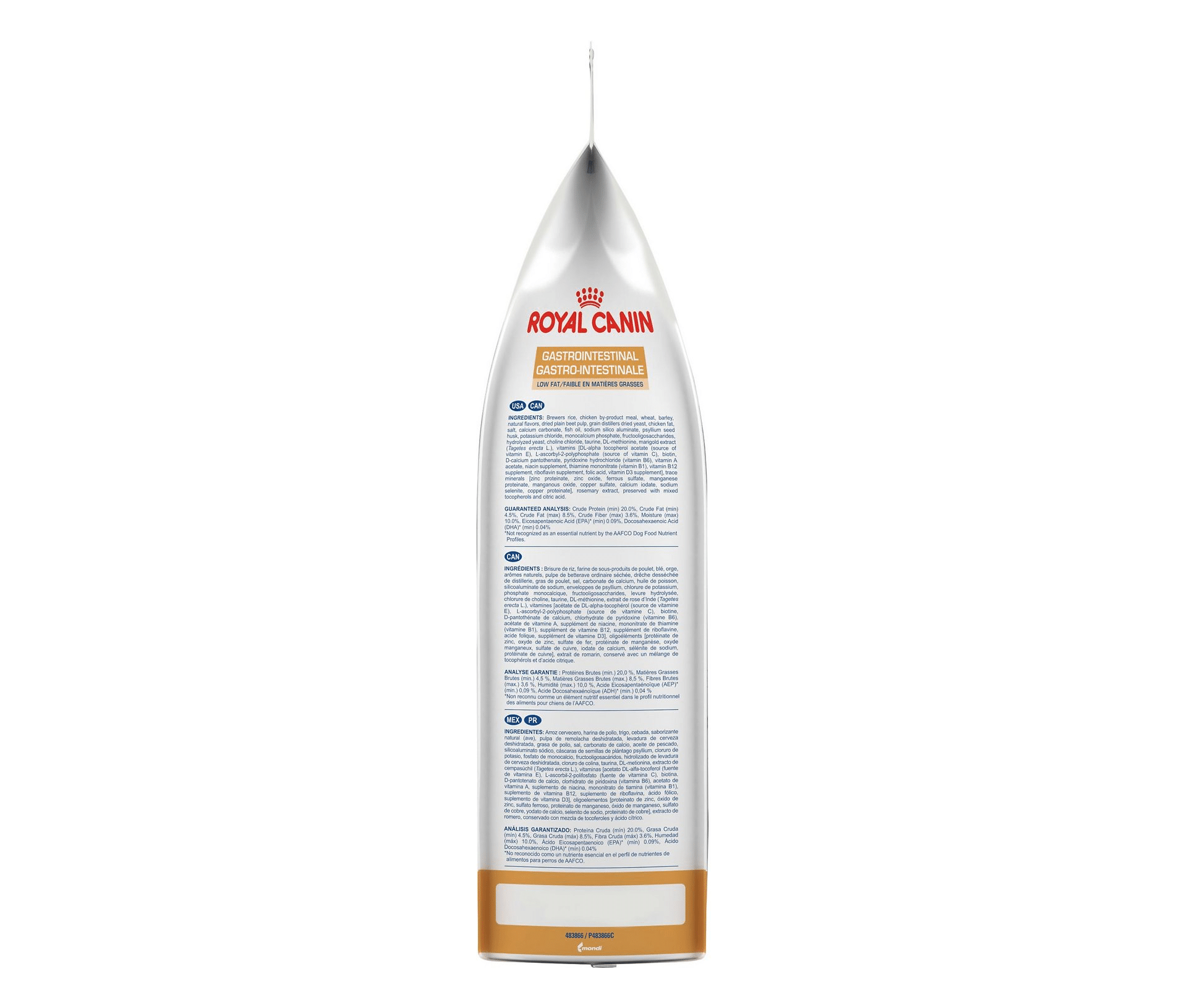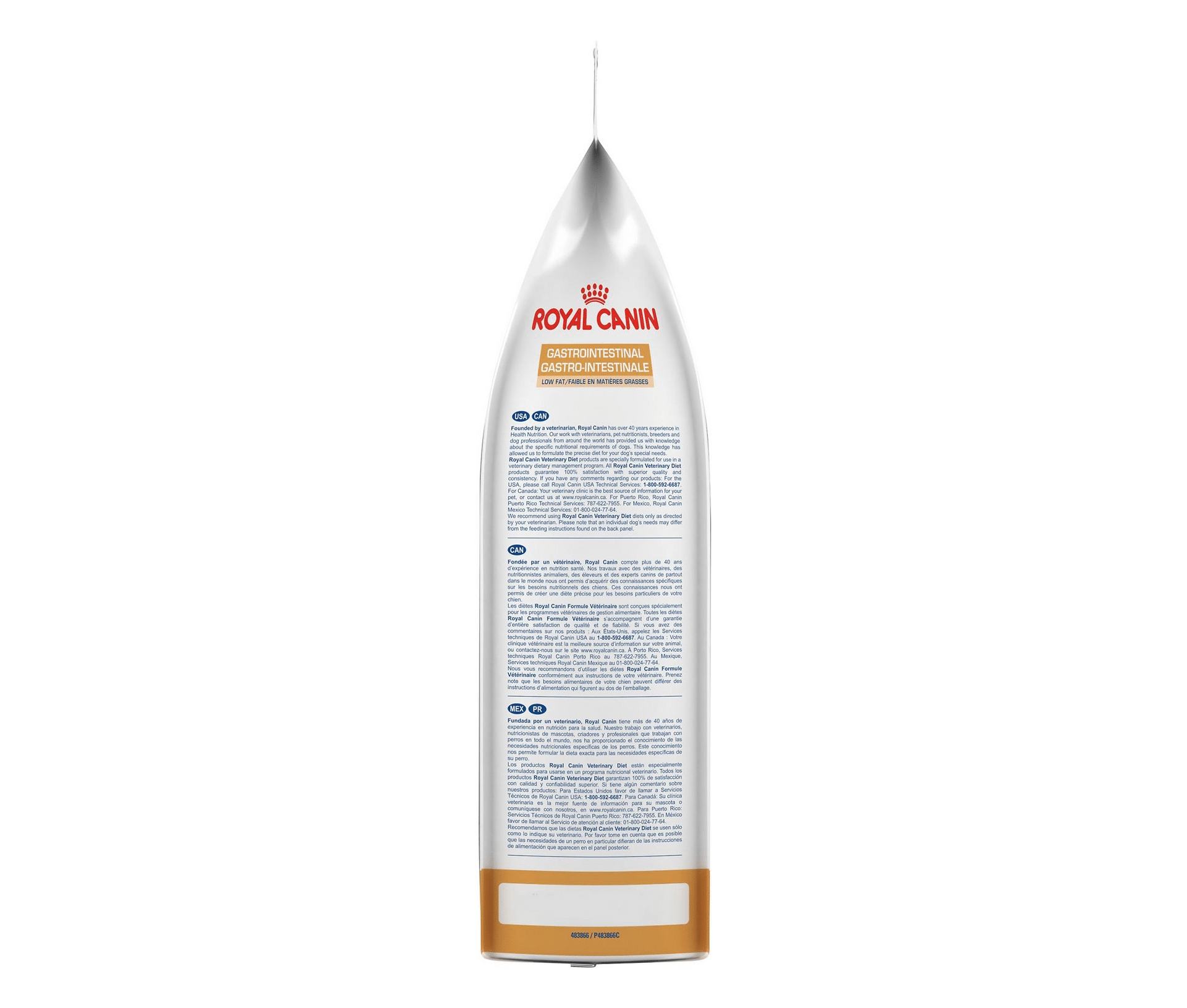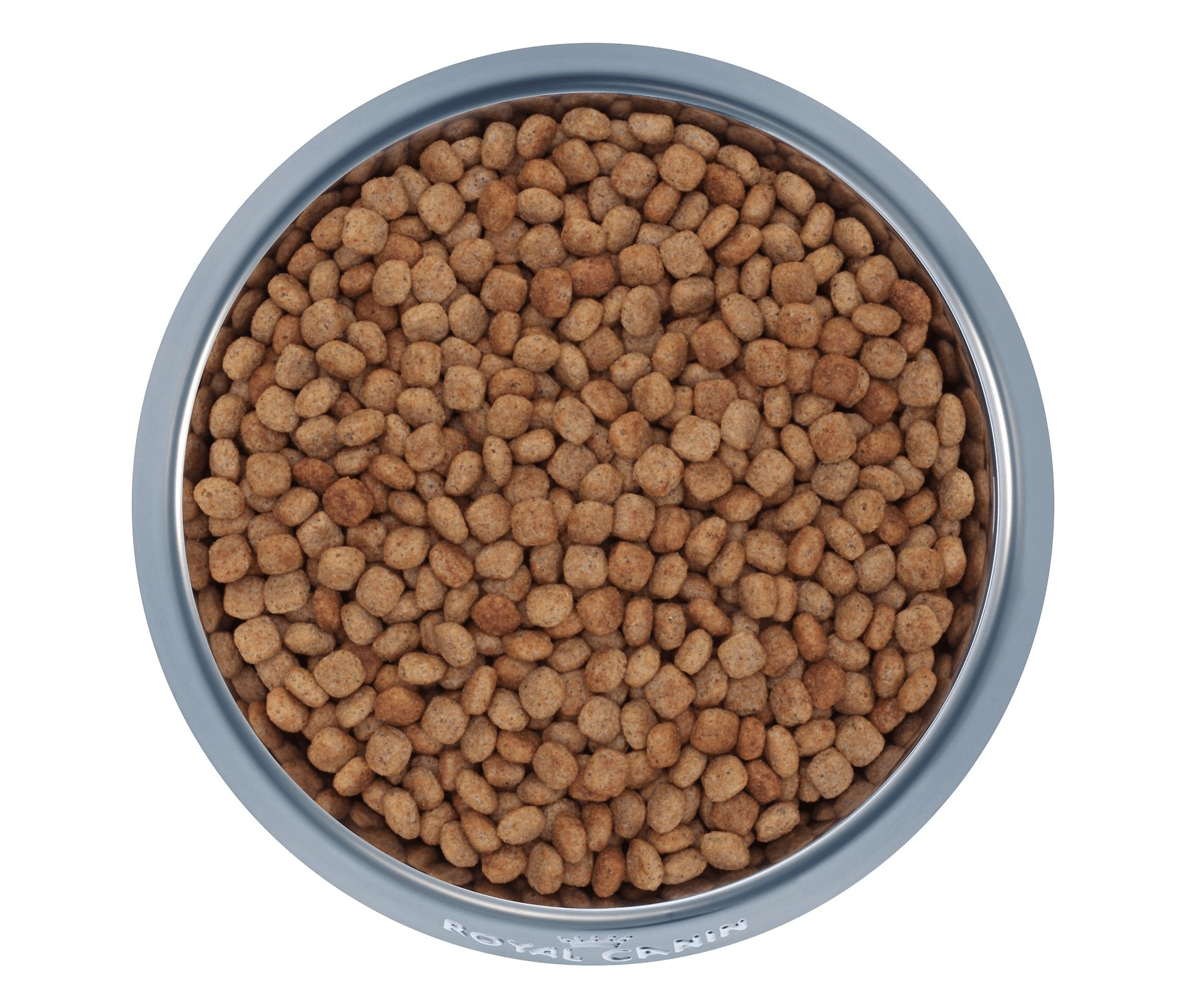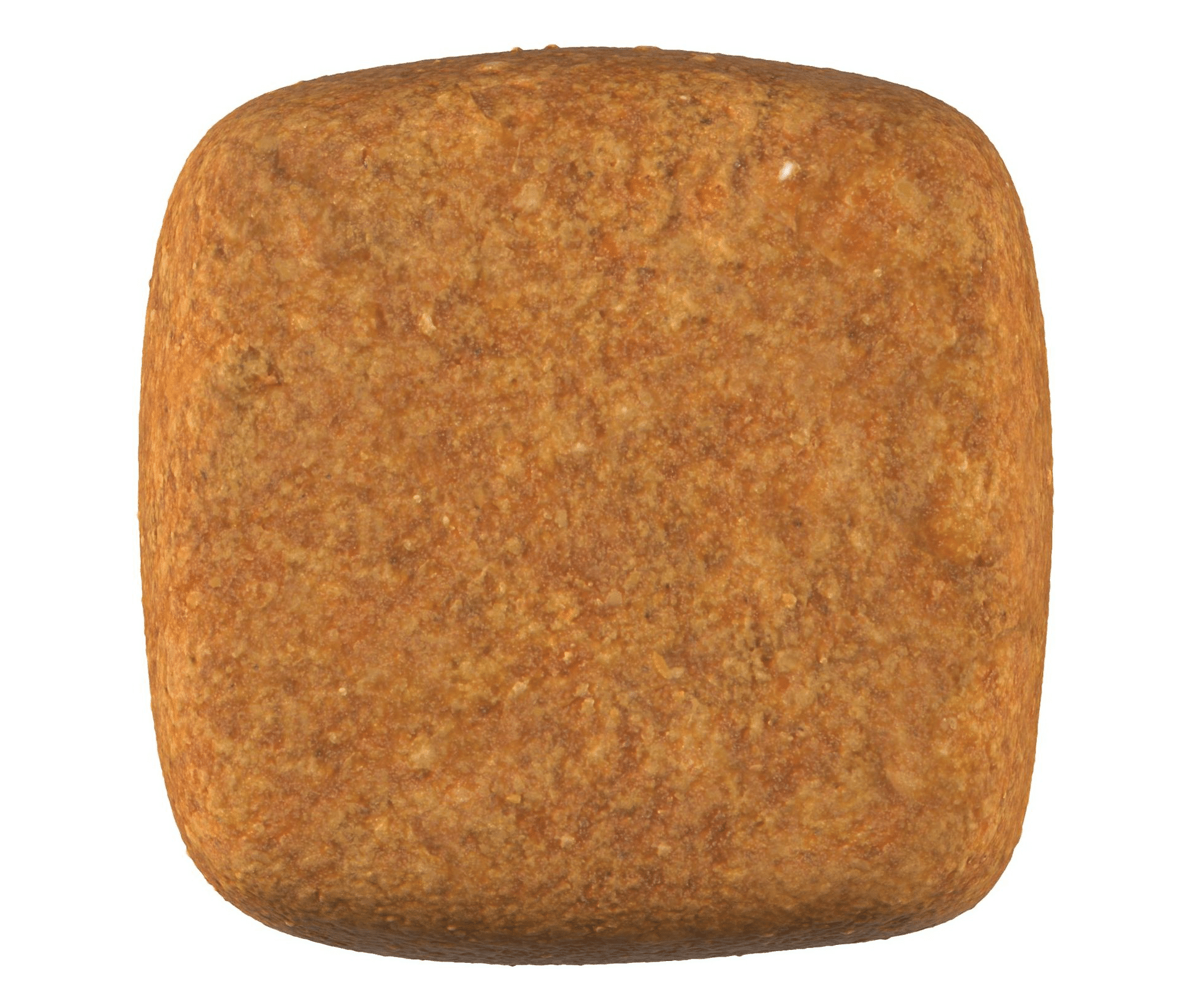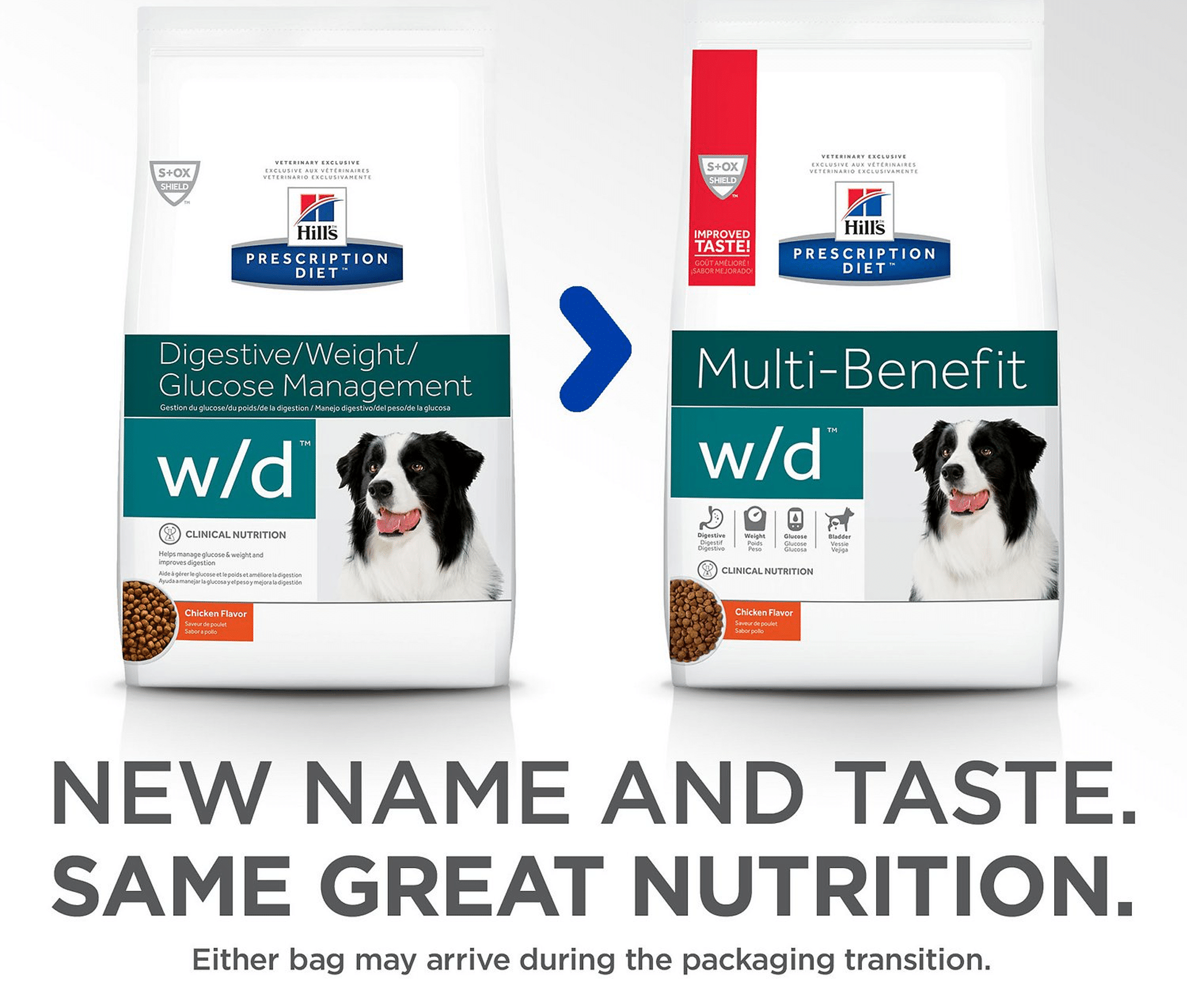Picking the best dog food for sensitive stomach and diarrhea when your dog is experiencing these issues is imperative to their health.
With so many potential causes, you can be at a loss of what to do when your dog gets ill. Sometimes, the cause is simply their diet.
However, if left untreated, it can become something more serious, which is when you’ll need to get professional help involved.
In this article, we will provide a guide on how to pick the best dog food for dogs with a sensitive stomach. As well as provide you with our top picks!
Go! Sensitivity + Shine Limited Ingredient Diet Salmon Recipe Grain-Free Dry Dog Food
Go! Sensitivity + Shine Limited Ingredient Salmon Recipe for Dogs is formulated for dogs prone to food sensitivities or with specific dietary needs, boasting premium-quality salmon as a single fish protein source.
Zero by-product meals, growth hormones, or artificial preservatives are in the recipe.
The recipe is also free of common allergens like wheat corn, soy, grains, gluten, chicken, and beef, claiming to provide a delicious, palatable, and balanced meal that’s suitable for all life stages.
Made with prebiotics to promote healthy digestive health alongside antioxidants for a strong immune system, and essential omega oils to promote healthy skin and a shiny coat.
Go Sensitivity+Shine from Petcurean is the only entry in our list that you can buy without a prescription, as well as being the only choice to ditch grains and poultry.
Pros
- Contains a lot of natural ingredients
- No grains, including corn
- Great for dogs with food allergies
- While not primarily designed for intestinal health, dog owners report healthier stools
- No prescription
Cons
- Price. A little cheaper than the Royal Canin and Science Diet, about the same as the Purina
- Not every dog seems to love the salmon flavor
Hill's Prescription Diet i/d Digestive Care Chicken Flavor Dry Dog Food
Another choice from the Hill’s Prescription Diet, this is formulated to help improve digestion and stool quality.
Digestive Care Chicken Flavor formula has a highly digestible optimal blend of soluble and insoluble fiber.
It’s designed to replace lost nutrients and ensure easy nutrient absorption as it claims to have high amounts of electrolytes and B vitamins for optimal health benefits.
Some of the key ingredients are clinically proven antioxidants; it supports a healthy immune system and meets the special nutrition needs of puppies. It’s also been clinically proven to settle digestive upset in as little as three days.
Unlike the multi-function w/d, this formula from Science Diet is designed with digestive health—and precisely, diarrhea—in mind. It contains fiber to improve digestion and is intended to replace lost electrolytes and nutrients quickly.
Pros
- Works well to treat and prevent chronic diarrhea
- No wheat or barley, reducing possible allergens
- Designed to relieve from the symptoms of Diarrhoea
Cons
- Prescription only
- Large kibble size may be difficult for smaller breeds
Purina Pro Plan Veterinary Diets EN Gastroenteric Formula Dry Dog Food
Gastrointestinal illness is one of the common causes of dogs visiting the vet, sound familiar?
Purina Pro Plan Veterinary Diets EN Gastroenteric Formula is suited for dogs that have inflammatory bowel disease, gastritis, enteritis, and other diseases of the intestinal tract.
Made in the USA, this specially formulated dog food is designed with protein levels that your dog needs as well as prebiotics and low fiber to support their intestinal health.
The recipe contains low carbohydrates and moderate fat levels to provide your dog with optimized nutrition while having excellent palatability that your dog will love.
Pet food giant Purina enters the prescription diet formula market with the Pro Plan Veterinary Diets line, the EN Gastroenteric Formula is their solution to canine intestinal issues.
Pros
- Works well to control gastrointestinal health
- Smaller kibble size works well for all breeds
- Owners report dogs love it
- Excellent palatability
- Low carbohydrates
Cons
- Not suitable for dogs that prefer canned food
- Can only purchase with a perscription
Royal Canin Veterinary Diet Gastrointestinal Low-Fat Dry Food
Royal Canin Veterinary Diet Gastrointestinal Low Fat Dry Food contains a precise blend of antioxidants to support a healthy immune system, as well as omega-3 fatty acids, EPA, and DHA to soothe their GI tract.
Royal Canin is known to provide veterinarian approved diets for pets and has been doing so for more than fifty years.
Their primary focus is on cereal-based diets that address specific needs related to age, size, breed, and other health issues – including digestive problems.
It helps with digestive issues including vomiting, diarrhea, or lack of appetite, by containing highly digestible proteins and prebiotics that help maintain the balance of good bacteria in your dog’s gut.
Pros
- Very effective at treating/reducing diarrhea
- Highly recommended for dogs diagnosed with pancreatitis
- Gives dogs lots of energy
- Contains no corn
- Relatively low-calorie formula (240 kcal/cup) helps with weight management
Cons
- Contains chicken by-product meal
- Kibble may be too large and hard for small breeds
Hill's Prescription Diet w/d Multi-Benefit Chicken Flavor Dry Dog Food
Multi-Benefit Chicken Flavor Dry Dog Food’s formula claims to help stabilize and minimize fluctuation of blood glucose levels in dogs.
High in fiber, this diet food is formulated to help metabolize fat, maintain lean muscle, and maintain a healthy weight, not to mention added antioxidants to control cell oxidation and promote a healthy immune system.
Veterinarians and nutritionists at Hill’s have included high levels of L-carnitine to increase energy metabolism, and burn fat while increasing lean muscle mass.
It also boasts of the S+OXSHIELD seal, which means this food is formulated to help promote a urinary environment that reduces the risk of developing struvite and calcium oxalate crystals.
Multi-Benefit Chicken Flavor Dry Dog Food is designed to help with a variety of conditions—weight control, diabetes, digestive problems, and bladder crystals.
Pros
- Most owners report formula works very well for diabetes control
- Clears up diarrhea
- Low calorie (255 kcal/cup) high-fiber formula should help with weight control if used as directed
- Suitable for small, medium and large breed sizes
Cons
- Prescription only
- Higher price point
Best Dog Food for Sensitive Stomach and Diarrhea: Immediate Action
First things, first. Your dog is ill and needs your help.
In dogs, as well as humans, diarrhea isn’t just inconvenient, it can be deadly if one does not take the proper precautions.
Make sure your dog has access to plenty of clean water. If the problem has been going on for a while, you may want to add a little broth or Pedialyte (a special drink made for those suffering from vomiting and diarrhea) to the water.
This way, you can help your dog replace lost nutrients and electrolytes and prevent dehydration.
Feed the dog a small piece of boiled chicken—white meat, no seasonings—and white rice. Don’t feed the dog anything else until stools return to normal consistency.
If diarrhea continues for more than 24 hours or your dog’s condition worsens at any time, call your vet immediately. Also, call your veterinarian if the stool contains blood—more than just a streak—or is dark and tarry.
This may indicate a potentially serious health condition. If this is the case, you’ll be glad you contacted your vet right away.
Changing your Dog’s Diet
If you determine that the cause of the problem is dietary, you’re going to want to select a kibble (dry dog food bits) specially formulated for dogs with sensitive stomachs and digestive issues. But which one is best?
There is no one size fits all answer because every dog has different needs.
Your dog may be allergic to grains, or sensitive to protein. Food allergies and sensitivities can appear over time or late in life, and your dog may develop a reaction to something you’ve been giving them for years.
If it’s allergy related, a different diet will be required to help avoid flare-ups and further illness. And to determine the culprit, a specialized test from the vet is required.
More often than not – most allergens are proteins in nature.
Frequently, the proteins in wheat, soy, corn, chicken, or beef are the cause. Making it critical to identify the trigger in your dog’s food.
Sometimes your dog’s sensitive tummy is caused by Gastric Torsion (bloating), a common issue in breeds like Pitbulls.
While it may not seem like a huge issue, it can be fatal and requires immediate veterinary attention.
Maybe the problem is a vitamin deficiency, a nutritional imbalance, or inflammatory bowel disease.
A trip to see the vet is probably a good idea, even if the problem doesn’t seem urgent. Your dog’s vet may be able to determine precisely what the problem is.
There are several brands and blends designed, especially for dogs with sensitive stomachs. Many are available only with a prescription or veterinary authorization.
Odds are, whichever one you choose will be quite a bit pricier than what you’re used to, but this is one of those instances where you get what you pay for.
A Brief History of Dog Food
This may come as a surprise, but dog food—that is to say, a commercial product meant to be consumed just by canines—is a relatively recent invention.
The First Century naturalist Columella recommended a mixture of grains and whey (protein), but for the most part, dog food has always consisted of meat—usually scraps and butcher’s leavings.
The first known instance of commercially available dog food seems to have appeared in the mid-Nineteenth Century when American inventor James Spratt developed the first “dog biscuit.” The product took off, and today, dog food is a twenty-billion-dollar industry.
But not all dog foods are created equal.
What’s Really in Dog Food?
There are a LOT of different ingredients in dog food. From chicken “meal” and “byproducts” to the scarier “animal digest.”
Not to mention the more understanding ingredients such as fruits and veggies. But, there are also some odd ones that get mixed in every now and then, too.
For example, artificial color and flavor additives or Propylene Glycol. That doesn’t really sound like food, does it?
So what does this all mean? One of the ingredients you may see is…
Meat-ish
Fair warning… You might want to skip down to the next section.
If you check the ingredients list of the best-known consumer brands of dog food, you’ll probably see the word “by-product” as in “chicken by-product” or “poultry by-product.” You may also see an ingredient called “animal digest.”
In a nutshell, meat by-products are the parts of a slaughtered animal leftover after the parts intended for human consumption have been removed.
Some of these scraps and leftovers end up in our favorite foods—sausages and hot dogs, for instance. Most, however, will get sent to the rendering plant.
Some ingredients listed on the label are not technically meat by-products.
Chicken meal, for example, does not meet the definition of a by-product because it is made from actual meat (and skin, and occasionally a bit of bone) which has been rendered and reduced to a protein-packed powder.
Similarly, animal digest is not considered a by-product because it is made from clean, undecomposed edible tissue—no hair, hooves, horns, feathers, or teeth—which has been subjected to a chemical or enzymatic “digestion” process.
If the protein source is specified—e.g., chicken meal—it means that chicken meat comprises most, but not necessarily all of the product. If it just says animal… well, there’s no telling, really.
But are meat by-products, meals, and digests safe for our dogs?
Generally speaking, yes. But, because they go through so much processing, they wind up missing a lot of the nutrients that are good for your dog.
When all is said and done, these by-products are just the basic macronutrients—mostly fats and proteins—that your dog needs to survive. Millions of dogs happily eat the stuff without any apparent ill-health effects.
However, it wouldn’t be the healthiest of options for your dog either. Kind of like a human living off of a diet of fast food only.
You can still survive off of it, and some people don’t face apparent ill-health effects from that type of diet. But, it’s still not the healthiest option and can definitely give you some long-term health problems – even if they aren’t so noticeable.
If your dog is having digestive issues; however, you may need to pay attention to the protein source. Research has shown that most canine food allergies are from beef and poultry products, and not from grains, as many people wrongly believe.
Speaking of Grains
Aside from animal protein in whatever form it takes, many dog foods, especially kibble, contain some kind of grain—usually corn, but wheat and barley show up in the ingredients list, along with rice and soy.
Some of these grains are believed to cause food allergies and sensitivities, though the issue is hotly debated. Some pet nutritionists advise cutting all grain from doggie diets, while others see the no-grain push as a lot of hype.
Ground Yellow Corn is the number one ingredient in many widely available commercial dog foods. Of all the grains, corn is the least allergenic, which makes it an ideal source of carbohydrates.
The main reason there’s corn in dog food though is that it’s a cheap filler. It’s why some of those brands—we won’t name names—cost half as much as the ones your vet will recommend.
Cornmeal also helps bind the other ingredients together to form those crunchy kibble nuggets.
If your dog is having intestinal problems, going grain-free might be the right course of action, but be aware that grain-free doesn’t mean carb-free. Dog food makers replace the grains with some other carbohydrate—sweet potatoes, for example—to maintain the same basic macronutrient balance.
But, dogs really don’t need all those carbs. In dogs and humans alike, an overly carbohydrate-rich diet can contribute to a whole range of chronic health problems, not the least of which is obesity.
However, their diets still require some carbs to go with the healthy fats to convert into energy. How much is needed will vary from dog to pup based off of a few different factors.
Such as age, breed, activity level, metabolism type, and more. That’s just to name a few.
Corn Gluten Meal
While it does not actually contain gluten, this corn by-product is in some cheap pet foods for the same reasons as cornmeal. It’s a cheap filler and a binding agent.
Corn gluten meal is high in protein, but it’s not a protein that dogs can digest, so it has no nutritional value.
Propylene Glycol
This chemical, which is found in many human food products, is used to maintain the moisture level of some dog foods. It’s also used as an antifreeze and is the main component of vape juice.
It’s considered safe for humans and dogs in small amounts, but is known to be toxic to cats, and is banned from use in cat food by the FDA. If you own cats as well as dogs, keeping PG out of your house is a good idea, since as you well know, cats and dogs would rather eat each other’s food than their own.
There is some concern about the long-term effects of regular consumption of PG, and many dog owners have opted to ditch foods that contain this non-nutritive additive.
Prescription Diets
Many of the food formulas explicitly designed to help dogs with a sensitive stomach and digestive issues are only available with a veterinary authorization. This isn’t quite the same as medications that require a doctor’s written prescription, but the seller will check with your vet to ensure that a recommendation was made.
The reason for this is that these diets are designed to address a specific issue, and their use needs to be monitored by someone who knows what to look for. Additionally, they may contain nutrient balances that would be harmful to an otherwise healthy dog.
Recap
As I indicated at the outset, there is no one size fits all answer to the best dog food for a sensitive stomach and diarrhea.
Diarrhea is a symptom with many possible causes, and each of the diets we looked at target different issues.
But when your best friend is suffering and at serious risk from dehydration and nutrient loss, there’s a clear winner – Hill’s Prescription Diet i/d Digestive Care Chicken Flavor Dry Dog Food.
The i/d diet has a proven track record of knocking out diarrhea and replacing the nutrients and electrolytes your dog has lost.
That said, Go Sensitivity+Shine is a close runner-up, especially if you suspect that allergies or sensitivities are to blame for doggie’s intestinal distress.
It really will vary from dog to dog on what the cause is. In the end, no matter what – it’s best to find out the culprit of your pup’s sensitive stomach or diarrhea by consulting your vet, and doing your research.
If you’ve had an experience with any of these products that you want to share or a suggestion that didn’t make the list – be sure to share! We love to hear from you!
Share the Love
If you found this post useful, please let others know about it by sharing it.

